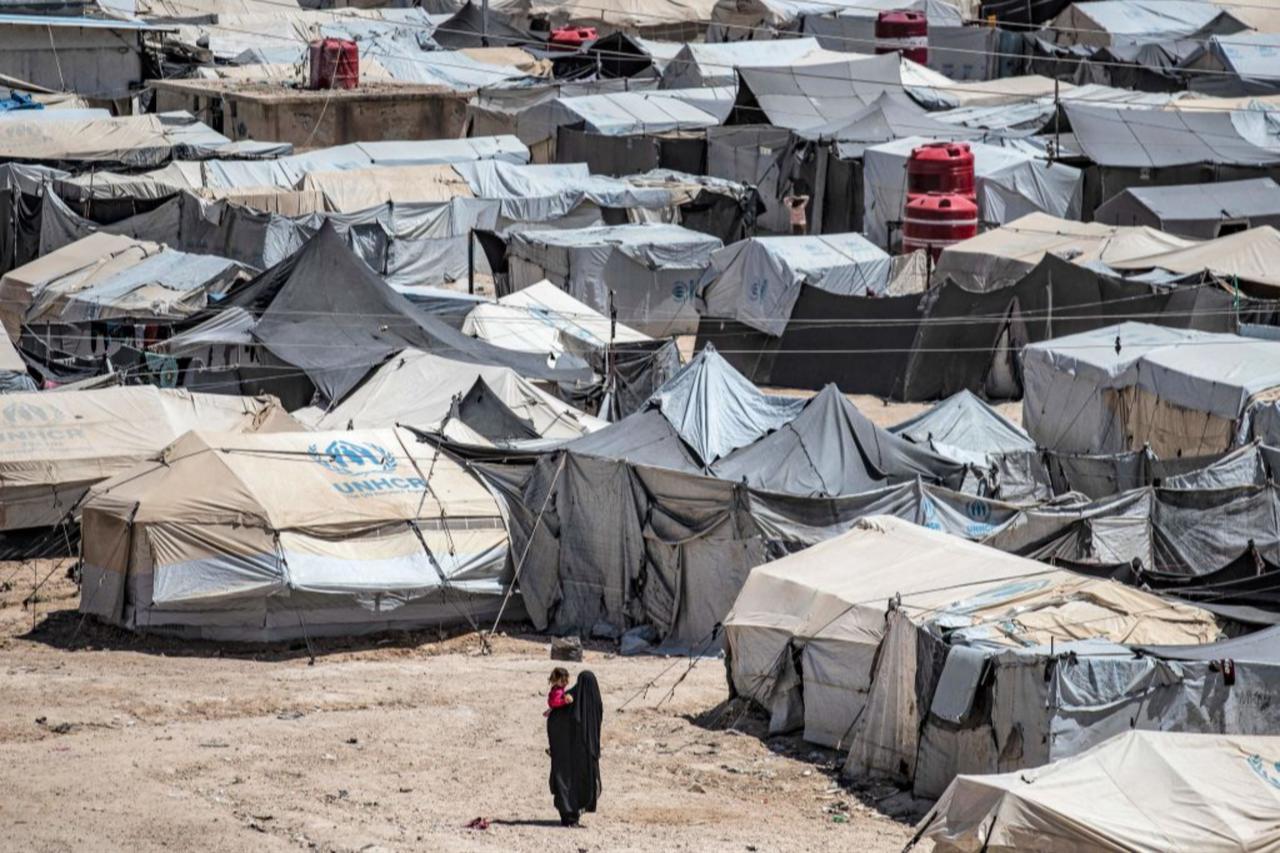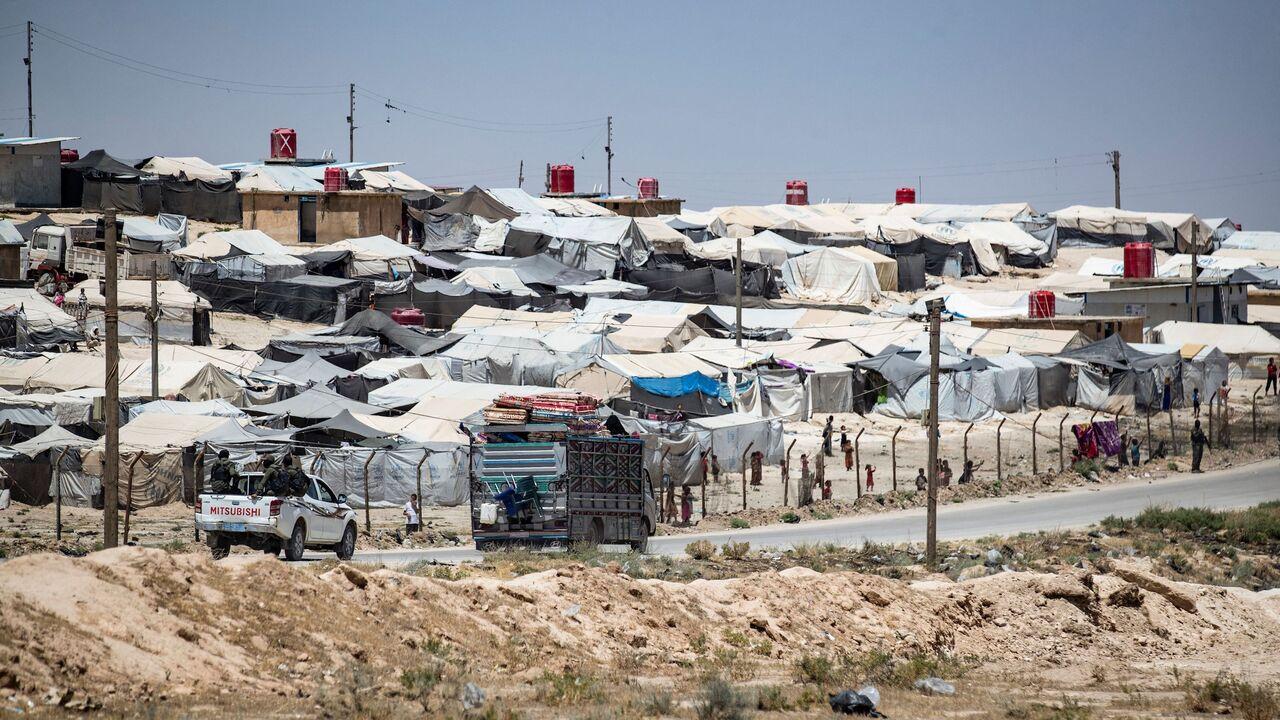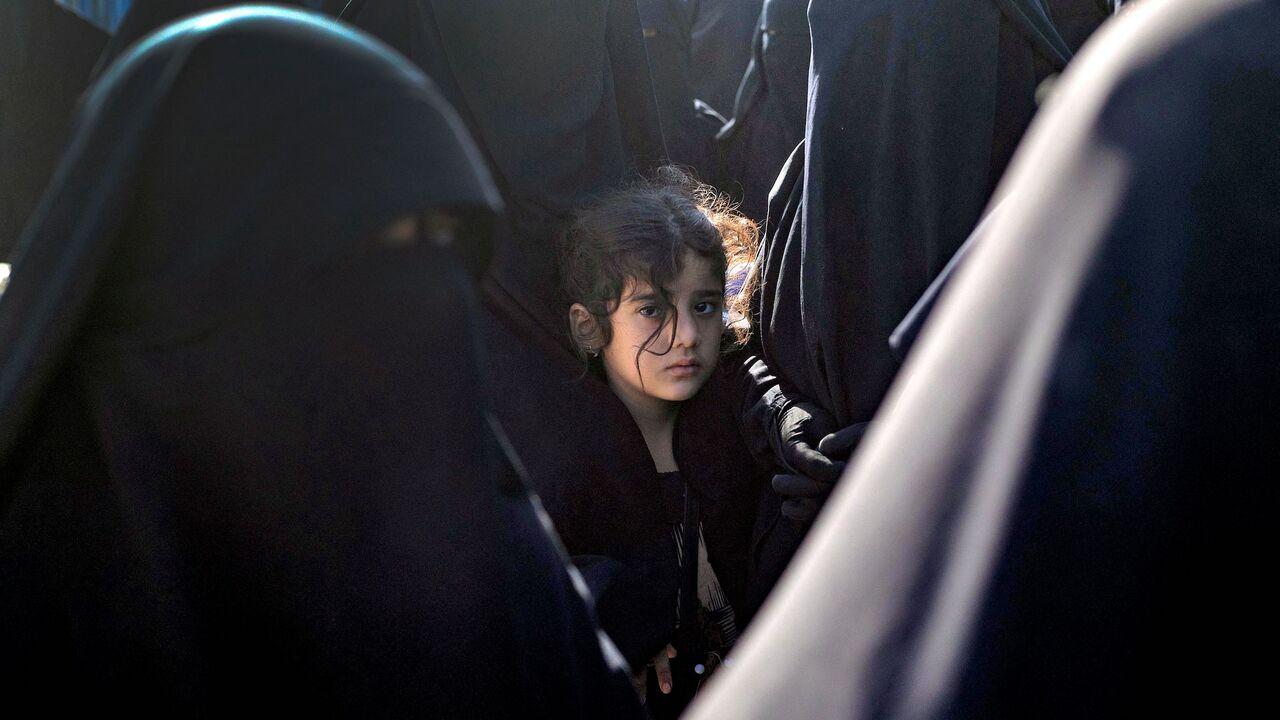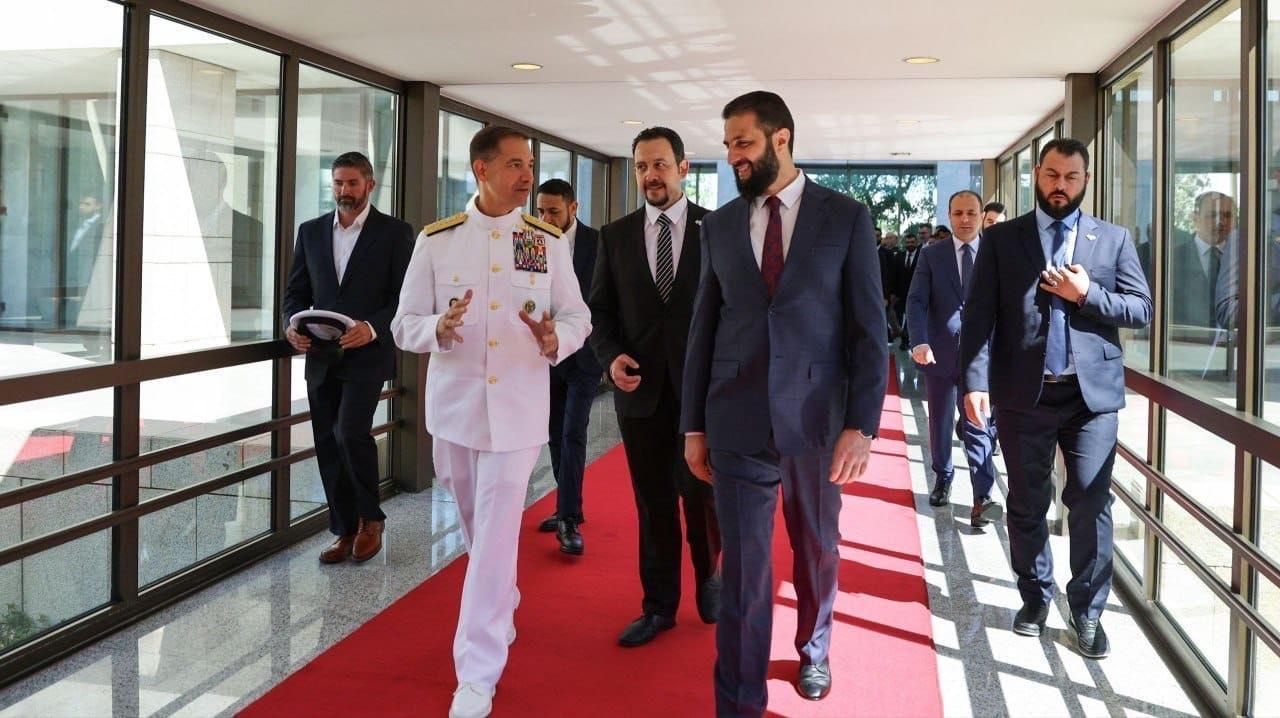
The United States is establishing a Joint Repatriation Cell in northeast Syria to coordinate the return of Daesh-affiliated families from al-Hol camp and other detention facilities to their home countries, U.S. Central Command (CENTCOM) announced Friday at a United Nations conference.
Admiral Brad Cooper, commander of U.S. Central Command, delivered the announcement during the High-Level Conference on the Repatriation of Persons from al-Hol, Surrounding Camps and Places of Detention at the U.N. headquarters in New York on Sept. 26.
"Earlier this month, I visited al-Hol in person and saw first-hand the need to accelerate repatriations," Cooper told conference attendees.
"There has been progress for sure, and I look forward to supercharging this effort together with all of you," he noted.
The new Joint Repatriation Cell will coordinate efforts to return displaced and detained persons from northeast Syria to their countries of origin, marking a significant development in managing the humanitarian and security crisis at the camps.

The displaced persons camps at al-Hol and al-Roj housed 70,000 people at their peak in 2019. In September 2025, the number had fallen below 30,000, according to CENTCOM data.
Officials emphasize that repatriation reduces opportunities for extremist influence, particularly among vulnerable women and children.
Cooper praised Iraq's government for leading repatriation efforts by example, noting that Iraq has successfully returned home 80% of its population from al-Hol camp.
"Repatriating vulnerable populations before they are radicalized is not just compassion—it is a decisive blow against Daesh's ability to regenerate," Cooper stated.
"Today, I join you all in calling on every nation with detained or displaced personnel in Syria to return your citizens," he noted.

Türkiye has frequently raised this issue, particularly calling for France to prosecute its citizens detained in the camps within French territory.
The development represents a significant shift in addressing concerns about Daesh-affiliated individuals held in Syrian camps.
Notably, no representatives from the SDF, the PKK-affiliated terrorist organization that has been guarding Daesh detention facilities, participated in the U.N.-sponsored discussions about repatriating individuals from al-Hol camp and other detention centers.
Cooper traveled to Syria in early September, visiting the al-Hol displaced persons camp to assess conditions firsthand.
He also met with Syrian President Ahmed al-Sharaa in Damascus during another trip that marked the first time a CENTCOM commander visited Syria's capital.
During their meeting, Cooper thanked President al-Sharaa for his support in countering Daesh in Syria, with both leaders committing to future meetings.

At the U.N. conference, Cooper urged countries to intensify their efforts to protect vulnerable populations and prevent Daesh from regaining strength.
"The United States will continue supporting the coalition and all nations committed to bringing their citizens home," he said.
"Together, we can ensure the defeat of terror endures as a legacy of peace and stability," he concluded.